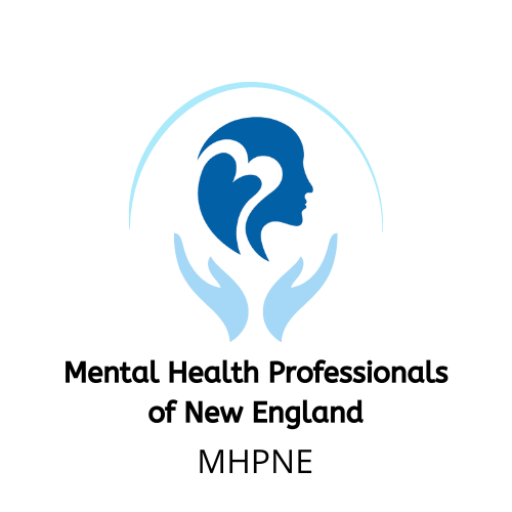FAQ
Frequently Asked Questions and answers
Edward Timinski PMHNP-BC, AGACNP-BC accepts Aetna, Cigna/Evernorth, Blue Cross/Blue Shield, UHC/Optum (their commercial network consists of Harvard Pilgrim, Choice Plus, UMR, Allsavers, SUREST, Mass General Brigham Health Plan, and Health Plans Inc.), Tufts, Carelon Behavioral Health/MBHP, Masshealth (Fallon, Tufts, HNE, Steward Health Choice, Mass General Brigham, and Wellsense), Medicare, Unicare/Wellpoint, and Health New England commercial. There are more than likely more insurances that he accepts but haven’t been added to this list. To find out if Ed Timinski is in network with your insurance company not on this list please visit your health insurance’s website and search for Ed Timinski under find a doctor to see if he is in network with your insurance. Private pay is always accepted.
When psychotherapy becomes available at MHPNE, therapists may or may not bill insurance companies directly. Each therapist determines if they take insurance or only private pay. However, it is the person’s responsibility to understand any coverage restrictions and allowances of your insurance company prior to beginning services if your intention is to seek reimbursement for uncovered charges.
There are many reasons why therapists may not take insurance and the needs of the people we support are at the top of the list.
- Improved Services for the people we support: Most insurance companies have policies regarding diagnosis requirements, treatment limits, and approved modalities of plans of care. Through private pay, we are able to make recommendations based on your needs and set appropriate goals, length of appointments and plan of care.
- Savings for the people we support: We are able to charge less for our services because we don’t spend valuable hours on insurance paperwork nor do we have staff hired solely for the purpose of managing insurance payments, billings and forms.
Again, we are happy to work with you to seek reimbursement through your insurance company but will not bill them or accept payments from your insurance company for services provided, and we make no guarantee that your insurance will reimburse you as there is much variation in cases and we are not insurance experts.
Telehealth — sometimes called telemedicine — lets your doctor provide care for you without an in-person office visit. Telehealth is done primarily online with internet access on your computer, tablet, or smartphone.
- Limited physical contact reduces everyone’s exposure toCOVID-19
- Virtual visits ensure you get health care wherever you are located – at home, at work or even in your car
- Virtual visits cut down on travel, time off from work, and the need for child care
- Virtual health care tools can shorten the wait for an appointment
- Increased access to specialists who are located far away from your hometown
- 5/25: Jess Barber is new to the practice and is accepting people for medication management. She is credentialed with most insurances companies except Carelon which is in process. Please inquire at intake@mhpne.com for her availability.

